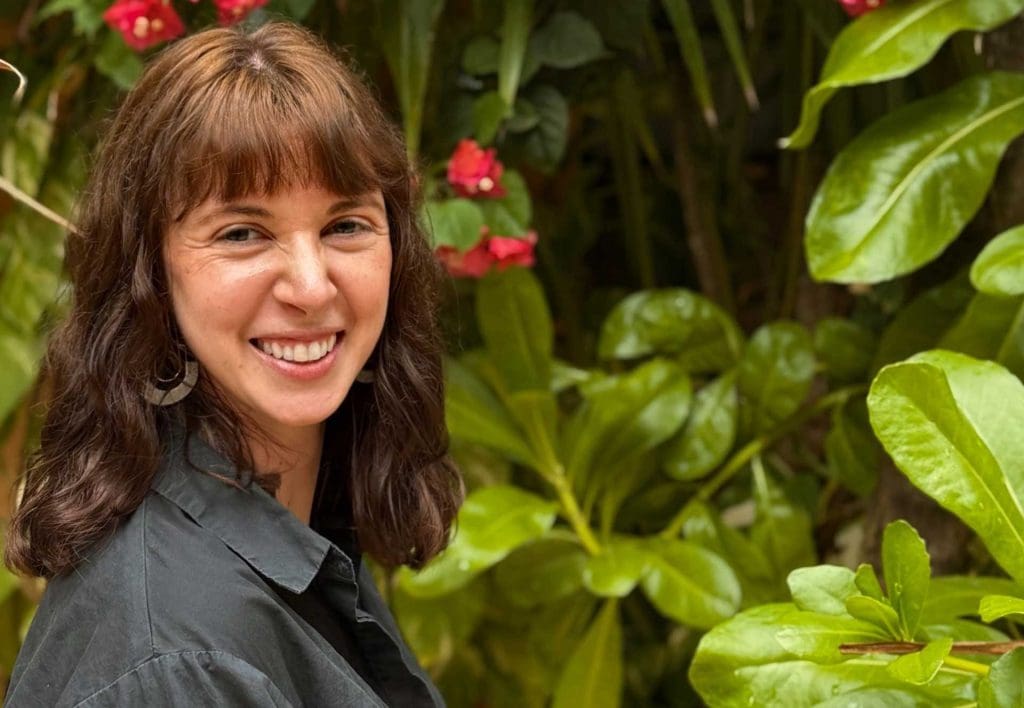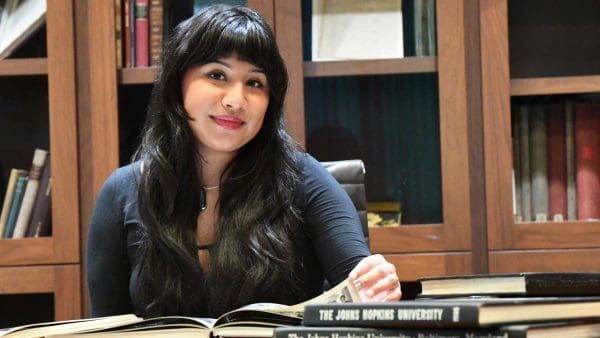
Jessica Croteau wants society to stop being grossed out by rot and decay. Croteau is a fifth-year PhD student in the Department of Political Science whose dissertation, “Garbage to Gardens: An Eco Philosophy in Praise of Decline,” posits that embracing deterioration will help build a sustainable world.
Can you tell us about your research?
We often think durability is the best outcome, but sometimes it’s harmful. Think of textile piles on Ghana’s beaches, or forever chemicals. After reading the Roman poet Lucretius’ work, I became more interested in how the act of falling apart itself is beneficial. I used environmental political theory to consider how welcoming decay could clear the way for positive ecological and political transformation.
What is environmental political theory?
Political theory is a branch of political science that mixes politics, history, and philosophy. Environmental political theory considers humans’ relationship with our environment. It’s the study of how we got to our current situation, how we can think of a better future, and what it would look like.
What kind of future does your research envision?
There’s a lot of emphasis on good production. This could mean requiring producers to be responsible for how their products “die” or to design them for reuse. It could also mean more “life planning,” or designing a product’s lifespan to match its use, like making dissolvable food wraps from agar seaweed instead of plastic film since it is used so briefly.
What was your research process?
I looked at historical texts, other theorists, and problematic examples of enduring products. I also did fieldwork with one of my advisors, Professor Anand Pandian, to connect my theory with real-world processes. That included looking at artwork, especially [Baltimore artist] Jordan Tierney’s art made from trash, and visiting old mill towns and abandoned churches.
What are some longer goals of this work?
Cultural emotional change. Our emphasis on youth and newness blocks us from thinking creatively about decay. Removing that fear would allow us to harness the power of decline in entirely new ways.




